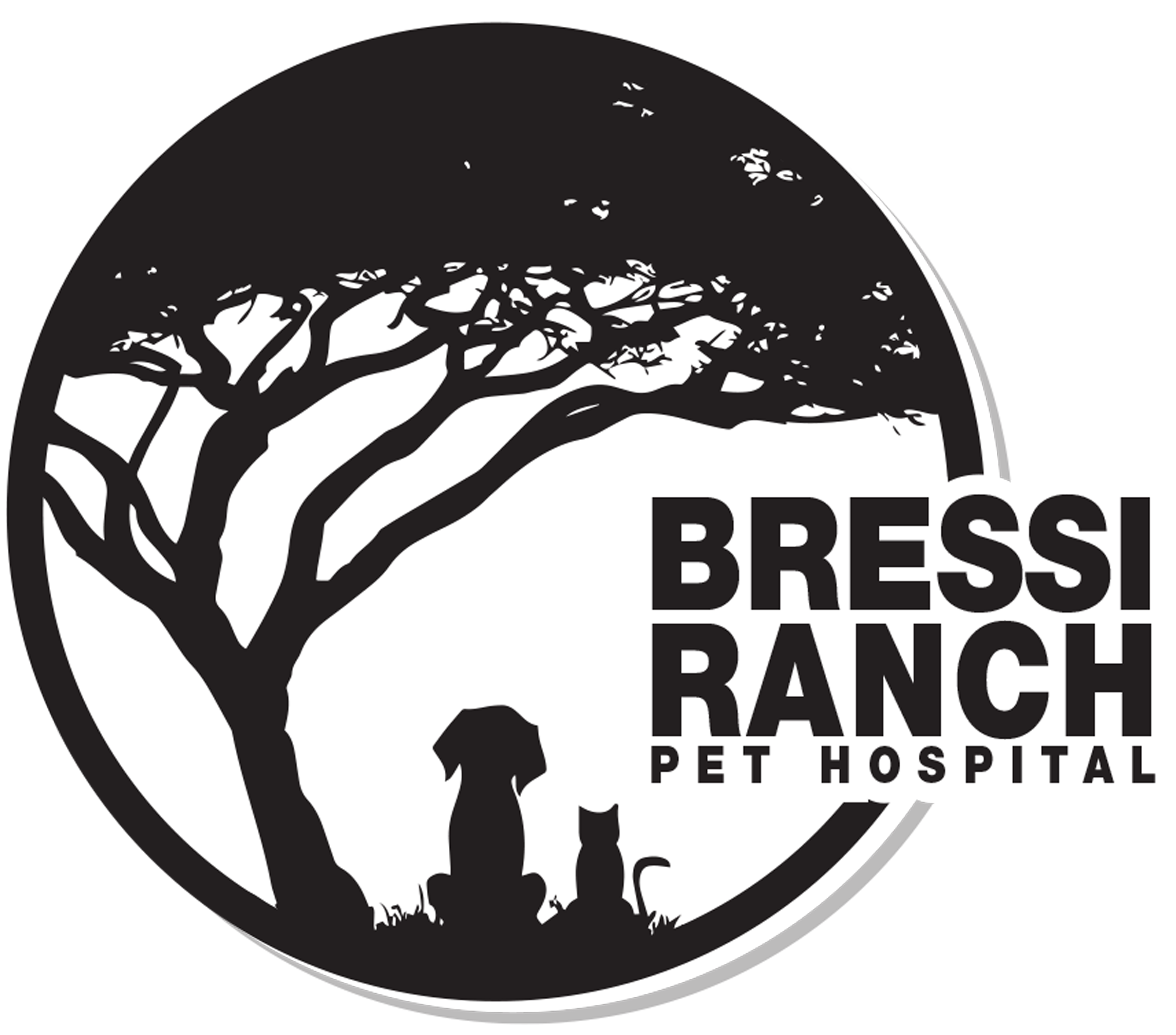Library
-
Heart disease in general, and congestive heart failure (CHF) in particular, are fairly common diseases in dogs. Chronic valvular disease and dilated cardiomyopathy are the two most common causes of congestive heart failure. Hypertension may be a contributor to heart disease and CHF. The first step toward determining the best nutrient profile to feed your dog with CHF is to work with your veterinarian to determine what, if any, other medical conditions might be present in your dog. For heart failure patients, there are some key nutritional factors to consider. Work with your veterinarian to choose the most appropriate food for your dog.
-
Nutritional management can be an effective strategy in the treatment of liver disease when used in combination with appropriate medical therapy. The goals of nutritional management of liver disease focus on controlling the clinical signs as opposed to targeting the underlying cause. Your veterinarian will work with you to help you make the best decisions on behalf of your dog with liver disease.
-
Over 60% of dogs in North America are either overweight or obese, so paying attention to the balance between activity and calorie intake is important. Nutrient formulation and portion control are the two most important aspects of weight control. Once you have chosen a formula and have calculated a reasonable daily portion based on calorie density, the best way to stay on track and prevent unwanted weight gain is to combine portion control with regular, formal weigh-ins.
-
This handout discusses the risks and benefits of feeding a home-prepared versus commercial diet to your cat or dog. Topics highlighted include food safety, nutritional imbalances, and the need to ensure that any home-prepared diet has been well researched for nutritional safety and completeness.
-
This handout summarizes the strong link between good nutrition and healthy skin and fur. Issues dealing with skin are a very common reason for visits to the vet, and the role of diet and supplementation in treating these conditions are highlighted.
-
The optimal diet varies from species to species, and contains an ideal ratio of the major essential nutrients of proteins, fats and carbohydrates, as well as adequate levels of trace nutrients such as vitamins and minerals. While a recipe for a home-cooked diet may appear to come from a knowledgeable source, ideas about what constitutes the ideal diet for dogs and cats is currently evolving. Your veterinarian can help ensure that your pet's diet is appropriate and healthy.
-
It is important to understand the unique nutritional needs of performance dogs. Their success depends upon a combination of genetics, training, and nutrition. It is important to match the nutrient profile to the individual dog and the activity. Your veterinarian can assist you in making optimal nutritional choices for your canine athlete.
-
If your dog has a complicated condition or is not getting well, you may want to seek a specialist referral or a second opinion. Your veterinarian will likely help you get this set up as they want what is best for your pet. You will likely need to travel in many situations for a specialty referral.
-
Although some dogs like to run free more than others, all dogs need to be trained so they will respond when they are off leash. Dogs instinctively want to explore new sights, sounds, and smells so it's important to teach them to return to home base. Start by teaching your dog basic verbal commands without the tug of a leash at home. When your dog becomes proficient close to home or in confined areas, you can both venture out further or add more distractions. Incorporating off-leash training into ordinary daily activities reinforces the learning. Your dog's response may be enhanced if he receives a reward for his prompt attention. The reward can be as simple as a “Good dog!” accompanied by a pat on the head, a treat, or toy. Be careful not to create a dependency on treats as motivation for good behavior.
-
Odontogenic fibromas, sometimes previously referred to as an epulis, are benign tumors of the mouth often at the front of the upper jaw. These may be locally invasive and may cause some oral pain. Surgery is the recommended course of action to treat this condition.
